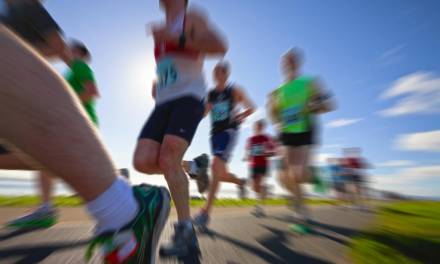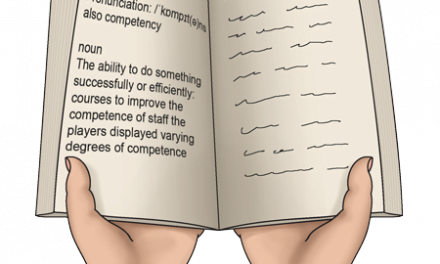Whilst preparing for a marathon, thorough and effective training is required for maximum performance and to avoid injury. Marathons require serious stamina and a steady pace.
However, running five miles around the park every day will probably not do enough to prepare you for running 26 miles. There is a particular type of training that must be done to tackle the enormous task of a full marathon.
Here are some tips that you can use and pass on to your students to help with marathon prep:
1. Invest in a great pair of trainers
Something that may seem obvious but is often overlooked by runners is taking care of your feet.
It is important that you buy trainers that best fit for your feet for optimum performance. Consider getting fitted by professionals at the sports shop to avoid unnecessary discomfort during training hours.
In addition, double-fitted/cushioned socks are vital to help prevent annoying blisters, something that could seriously hinder your track record.
2. Vary your training
As you are preparing for a running marathon, it may seem obvious to pack in as much running as possible.
Whilst it is essential to build up your capacity for running long distances over a number of months (run 3-5 times a week and gradually increase the distance over time), it is also important to bring a variety to your training which will benefit other muscle groups and aerobic fitness.
Low impact exercises such as swimming and yoga will improve your overall fitness levels significantly and help to reduce the impact of your running training on your hips, knees and ankles.
Also, it is essential to fit in weight training that targets the core strength, as it is directly linked with back strength and can in turn improve your running.
Put in place a simple circuit training timetable that increases in intensity as you get closer to the race. Taper off the intensity in the final few weeks and focus on endurance rather than power.
3. Change your diet
A mistake that many first time runners make is forgetting to alter their diet to fit their new exercise regime.
You need to be drinking plenty of milk and packing in the calcium levels for bone strength (which will affect your performance more than you think). Try and slot in ample protein, such as white meat and dairy, for an extra boost to your muscles.
Another popular misconception is to load up on the carbohydrates the night before the marathon – although this is important, it is better gained through specialised sports drinks rather than a portion of pasta that could slow you down and cause sluggishness.
4. Plan ahead for the big day
Little details you can prepare for beforehand will help you lots when it actually rolls around to the race itself.
For instance, make sure you’re drinking the same sports drink and flavour during your training and during the race to get yourself familiar with the drink.
Check the weather to know exactly which gear to wear, and consider layers no matter what the temperature.
Ensure that you have studied the course and know what pace to set for the different sections of the race. Don’t over-exert yourself on the inclines, avoid being caught in the crush at the start line, and plan ahead for stretches of the course where you can on water/sports drinks.
5. Relax
Know when to take days off and listen to your body when it needs rest. Plan your recovery times after each training session and increase the time spent resting as you get closer to the race.
Expect that training will not be easy, and try to push yourself to challenge your body and meet new goals every time. Remember, however, to scale back the overall distance and difficulty of your training runs in the final couple of weeks before the race.










